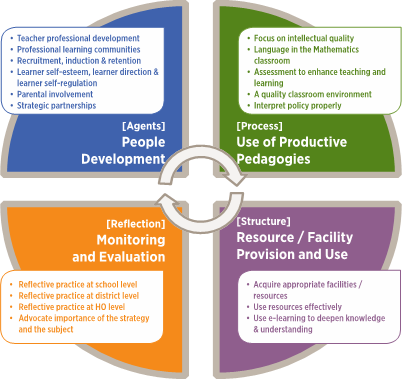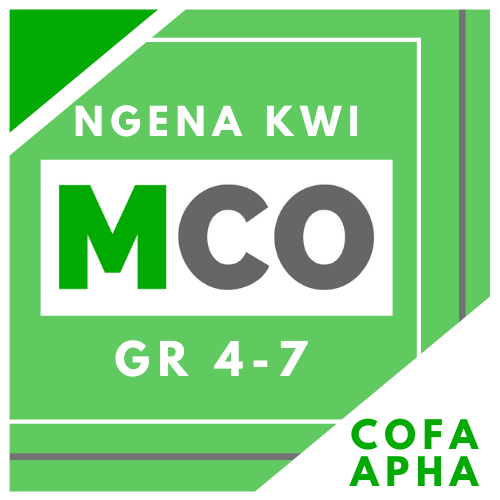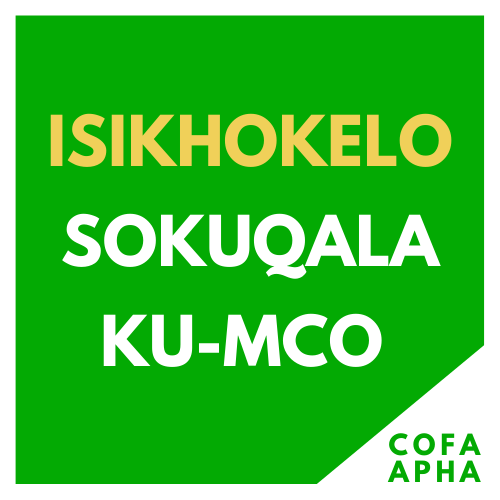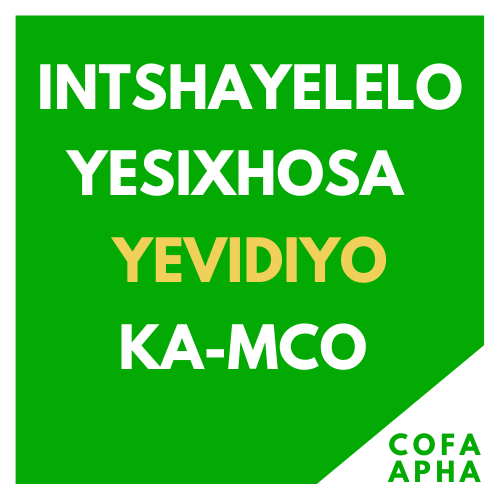
Maths Curriculum Online
The Western Cape Education Department’s role is to educate young learners in preparation for the world of work. The TIMMS, WCED Systemic results evidently demonstrate that the maths skills of learners in the Western Cape are constantly improving, but are below the required grade level for effective development of maths knowledge. The Mathematics Strategy has been implemented across all grades in 2021 to address the challennges on hand.
Improving Mathematics outcomes is a priority of the Western Cape Government, for which responsibility is vested in the Western Cape Education Department.
This programme is an attempt to improve Mathematics results in Grade 3 – 7.
It is nevertheless important to identify critical success factors for the successful implementation of the programme across all schools. These include:
- The necessary infrastructure, an Android or Windows device for each learner.
- The provision and maintenance of high-speed, reliable internet connectivity.
- The active and visible commitment of the top leadership of the WCED in support of the initiative. This is essential to set the tone, and ensure that all actions required for the regular, sustained and supervised use of the resources are a priority for all involved in the delivery chain.
- The active commitment and clear role definition of the relevant WCED staff, (Circuit Managers and Subject Advisers) to integrate the e-Learning resources into the mainstream teaching, learning, and oversight functions of the WCED. This will require a support-and-accountability pipeline, that covers consistent, clear channels of communication, the provision of venues, the necessary training, supervision and monitoring of the regular and sustained use of the resources, as well as the collation and provision of data for analysis.
The following diagram presents the Framework model of mathematics teaching and learning.

The Mathematics strategy seeks to facilitate high-quality learning in Mathematics. The strategy focuses on integrating four dimensions of working towards and sustaining quality Mathematics teaching and learning. They are (see diagram below):
- People development (investing in the agents involved)
- Productive pedagogies (using effective teaching strategies that will result in learning)
- Resource/facility provision and use (acquisition and effective use of resources)
- Monitoring and evaluation (continuous in(tro)spection to reflect on success).

The dimensions of the Framework are all aimed at teaching mathematics for understanding. Worked exemplars of the Framework dimensions are given in the text. Several (although not all) characteristics of a learning-centred classroom are shown in the diagram. The Framework dimensions are characterised in the following way:

Understanding "how children learn" Mathematics and how learners see the relationships amongst the Maths concepts provide the conceptual tools for teachers to deal with diverse learning contexts. Learners need direct and concrete experiences with mathematical ideas in the real world as they re-create mathematical relationships in their own minds. The initial Language and Mathematics Strategy (LitNum) of the Western Cape has been strengthened to improve learner performance, with a focus on Mathematics.
Language remains key for the learner to articulate and communicate his reasoning of the applied Mathematics knowledge at school, the environment and in the broader world. The Mathematical language component must also rightfully be stressed and honed into for the purpose of improving Maths proficiency and the use thereof from the onset.
Mathematics learning is therefore the construction of the concepts learned by the learner in their own minds – an intuitive process. Real-world experiences are therefore key for conceptual learning. The teacher must recognise that it is not enough to "teach" without careful attention to what is "learned".
The purpose of the Mathematics Strategy is to encourage positive mindsets; to build on the adjusted curriculum and highlight the building blocks for solid foundations in Mathematics; to empower officials enabling the provision of quality support for teaching and learning; to develop the child’s ability for adaptive and creative learning to solve problems and construct Maths knowledge, to be reflective and to talk about his/her thinking; ultimately fostering a genuine love for the beauty of Mathematics and the relevance thereof for the learners on all spheres.
If you’re celebrating World Maths Day, a national Maths event or you’re planning a special Maths day at your school, try some of our suggested teaching ideas.
Maths Curriculum Online (MCO): Grades 4 - 7
Maths Curriculum Online (MCO) provides an online Mathematics programme mapped to the South African curriculum (CAPS) for grades 4–7. Click on the LOGIN button to the left and sign in. Use your CEMIS number as the username and password. See the video guides and Do It Yourself Guides for help.
Maths Curriculum Online (MCO) bied 'n aanlyn Wiskundeprogram wat belyn is met die Suid-Afrikaanse kurrikulum (KABV) vir graad 4–7. Klik op die TEKEN IN-skakel op die rigter kant. Gebruik jou CEMIS nommer vir die gebruikernaam en wagwoord. Kyk na die hulpvideo’s en gidse as jy vashaak.
I-MCO ibonelela ngeprogram yeMathematika ekwi-intanethi edweliswe kwiKharityhulam yaseMzantsi Afrika kumabakala 4 – 7.














See these video clips to assit learners with remote learning during school closure and disruption:
Parents/guardians, there is a space for you in MCO! See the posters on the tiles below to show you how to log in to MCO and track your child’s progress.
Do you have an educational app, video, ebook, course or eResource?
Contribute to the Western Cape Education Department's ePortal to make a difference.


